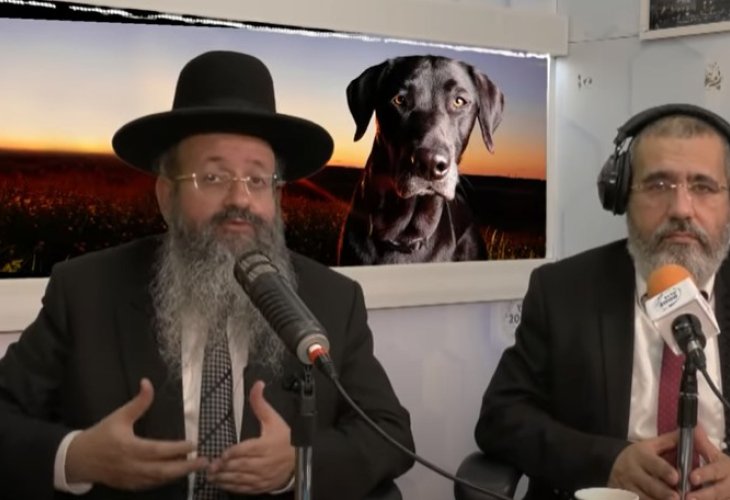Rachel Our Matriarch: Reflecting on Her Yahrzeit
This upcoming Shabbat, the 11th of Cheshvan, marks the yahrzeit of Rachel our Matriarch. Why did she become the mother of the Jewish nation, why did she die young, and why was she not buried alongside the other patriarchs and matriarchs at the Cave of Machpelah?

Rachel our Matriarch was born into a household far removed from Torah and mitzvot—a home steeped in idolatry. Growing up in her father's house was challenging, and life's hardships continued as a wife and mother. The multitude of trials she endured during her short life earned her the revered status of "Mother of the Nation"—she understands our hearts, weeps for us, and prays on our behalf. Rachel was the daughter of Laban the Aramean and the sister of Leah. Laban's deceit and wickedness are reflected in the name "Aramean," which can be rearranged to "deceiver." At just 15 years old, while tending sheep, Rachel met Jacob at a well. He miraculously removed the stone covering the well, she watered her flock, and there their bond was first formed. Lacking dowry (money or possessions) to offer Laban, Rachel's father, Jacob proposed to work for seven years in exchange for marrying Rachel. Both aware of Laban's deceitful nature, Rachel and Jacob arranged "signs" to recognize each other on their wedding day. As we know from childhood stories, Rachel was replaced by Leah due to Laban's trickery. In this cunning move by Laban, Rachel displayed supreme self-sacrifice by willingly giving the "signs" to her sister to avoid her disgrace in front of the groom. Our Sages reveal that these "signs" between Jacob and Rachel were the commandments of separating challah, niddah, and lighting the candles—forming the acrostic ChNaH.
Give Me Children, or I Shall Die
After another seven years of working for Laban, Rachel and Jacob finally married. Yet Rachel's challenges were far from over, as she discovered her barrenness. While her sister and handmaids bore children in peace, Rachel stood by, lamenting her fate. Despairing, she once told Jacob, "Give me children, or else I die." When she was finally blessed with a son (as a reward, say our Sages, for her silence and restraint towards Leah throughout), she named him Joseph, a name with dual significance. On one hand, it reflects the restoration of her honor, and on the other, it expresses her hope for another son: "And she conceived, and bore a son; and said, Hashem has taken away my reproach. She named him Joseph, saying, May Hashem add another son for me." Eventually, in the dead of night, Jacob and Rachel decided to flee from their father's city to build a life far from their past struggles. Tragically, Rachel's strength failed her on the long journey from Padan to Gilead, then to Mahanaim, Shechem, and Bethlehem. En route to Ephrat, she passed away while giving birth to their second son. With her dying breath, Rachel named her son "Ben-Oni," but in his sorrow, Jacob changed his name to Benjamin. It is said that Rachel was 36 years old at her death. Jacob's love for Rachel persisted beyond her death, extending to their sons: first to Joseph, whom Jacob loved "more than any of his sons," and then to their youngest, Benjamin. Rachel is the only matriarch who is not interred in the Cave of Machpelah. Tradition holds that Jacob buried Rachel along the roadside, foreseeing that the Jewish people would pass by Bethlehem on their way to exile, hoping that Rachel would feel her children's great anguish and intercede for them in heaven. Rachel's virtues and qualities, represented in her selflessness when she gave away the signs, were later mirrored in her descendants. Her humility emerged in King Saul, a descendant, and her silence was mirrored in her son Benjamin, who remained quiet about Joseph's sale, and in Queen Esther, who didn't disclose her Jewish origins. "Thus says Hashem, A voice is heard on high, lamentation and bitter weeping, Rachel weeping for her children; she refuses to be comforted for her children, because they are no more. Thus says Hashem, Restrain your voice from weeping and your eyes from tears, for your work will be rewarded, declares Hashem, and they shall return from the land of the enemy. There is hope for your future, declares Hashem, and your children shall return to their own territory." (Jeremiah 31:15-17).

